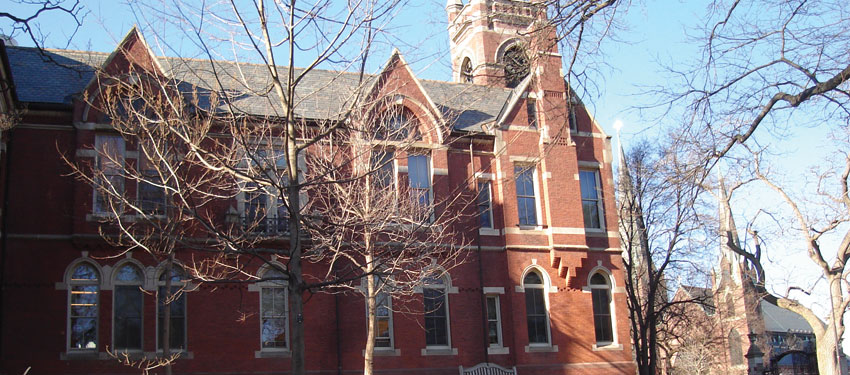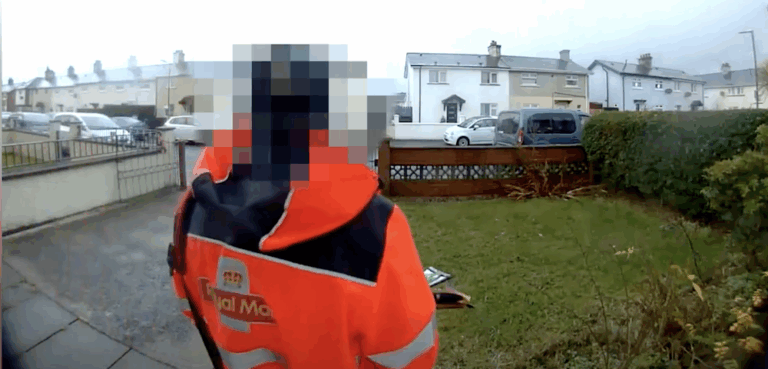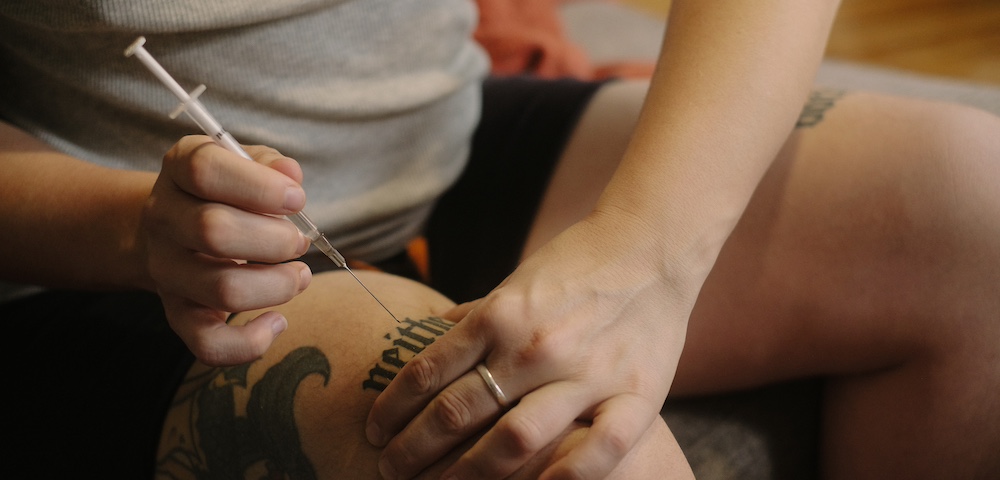
Smith College responds to protests of trans women discrimination

MASSACHUSETTS’ prominent women-only academic institution Smith College has recently been surrounded with controversy after a group of students protested against the college’s admission policies in relation to young trans women.
A member of the loose Seven Sisters confederation of liberal arts colleges in northeastern US, Smith College currently only accepts applications from trans women who changed their academic transcripts to reflect their status as female prior to leaving high school.
According to the college’s website, other identifying documentation such as drivers licences, birth certificates, passports and any other documentation provided by either state or federal agencies aren’t taken into consideration during the application process that’s overseen by the admission office.
Smith College also states that it considers all applicants on a case-by-case basis, regardless of their gender identity.
“To be considered for admission, Smith expects that each candidate’s (including those applying to the Ada Comstock Scholar program) materials reflect her status as a woman,” Director of College Relations Samuel Masinter said in an exclusive statement to the Star Observer.
“Applicants to Smith College report their gender on the Common Application form, and it may also be conveyed on high school transcripts and letters of recommendation.”
However, according to protestors affiliated with the group “Smith Q & A”, Smith College’s policies discriminate against trans women who have lived extensively as women, but were unable to have their previous academic transcripts changed to reflect their female identity.
“Studies show that less than half of trans people are able to change their documents. So having a policy that requires that is automatically excluding more than half of trans women”, Smith Q &A’s Sarah Fraas said during an interview with CBS 3 News.
Fraas added that the protests stemmed from the denial of admission of a trans* high school senior last year by the college.
“Her transcript had male gender markers (and) that’s why we’re protesting today,” she said.
“Smith has made some good changes in the past year. We’ve been negotiating with them and really pushing them hard to be more fair to trans women.”
Masinter agreed with Fraas’ comments that there had been developments that have resulted in better conditions for trans* students at Smith College, but also provided a letter to the Star Observer from earlier this year that examined the college’s conflicting agendas as both a women-only institution while also being adaptive to the needs of trans* academic community.
“The admission of male-to-female transgender students to women’s colleges is a complex and evolving issue,” Masinter said.
“It’s one on which people of good intent, inside and outside the Smith community, hold a range of views. At Smith, in both admission and campus life, we are focusing on the broad policy challenge of how to be supportive of students who are exploring gender identity while at the same time remaining deeply committed to our mission as a women’s college.”
Masinter added that since the letter was published, Smith College had reinvigorated its support resources and facilities for the trans* community on campus, including building upon its existing Ally Network for such staff and students.










